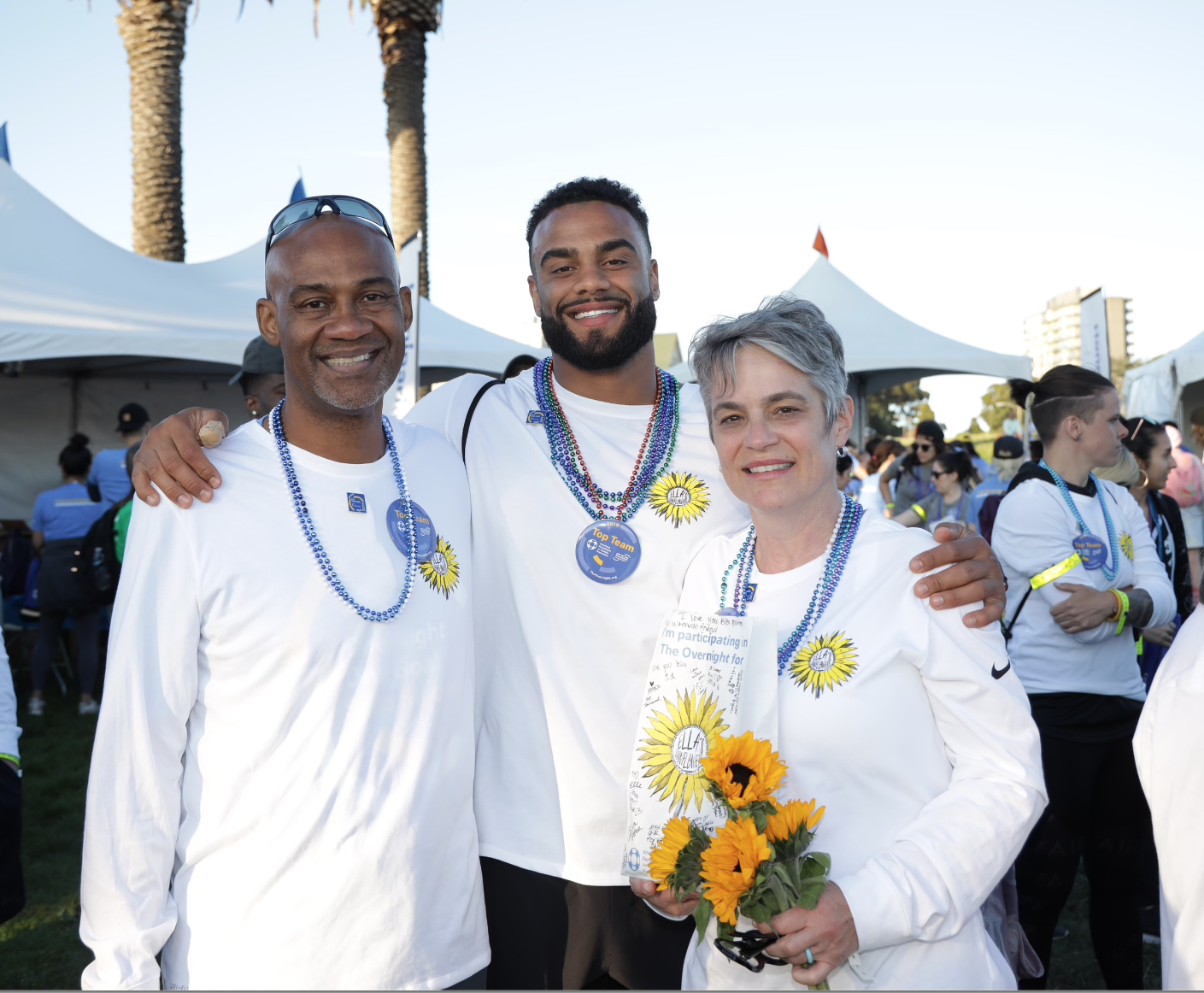Our Impact
The Defensive Line (TDL)
10-34
46
2
2
As many as one in four young people ages 10-24 report serious consideration of suicide (CDC).
The Defensive Line pursues its mission by focusing on goals that promote communication and connection around suicide prevention:
Educating adults about youth suicide and their unique opportunities for connection and support with the students in their care
Increasing language and conversation skills to talk about suicide and mental health
Creating safe places for young people to be honest and vulnerable with each other and the adults that serve them
Improving systemic approaches within schools to better prevent suicide and improve access to resources
Are you in crisis or need to talk to someone?
TEXT “home” to 741741 or CALL, TEXT, OR CHAT 988 24/7 days a week
The Defensive Line empowers adults to connect with young people over their shared humanity and the shared hope that things do get better; that life is worth living.
The Defensive Line achieves its outcomes through trainings run by staff and chosen speakers for schools – its youth, leadership, and administration. TDL teaches adults about the urgency of national suicide crisis, about warning signs and risk factors, as well as how to apply that knowledge to their every day lives with young people. TDL bridges the gap between existing mental health resources to the young person in a mental health crisis by teaching all the adults about how they can talk about hard things and connect to resources. The Defensive Line partners with clinicians and use scientific approaches to mental health, but leads trainings as vulnerable experts in personal experiences.
The Defensive Line will support schools long-term in their individual efforts to prioritize suicide prevention for all students by consulting with schools to support their expansion of programmatic efforts to prevent suicide and support the mental health of all students. We believe by focusing on the adults in schools we can shift an objective view on warning signs for suicide and individual approaches to intervening more confidently in a mental health crisis. We’re not teaching everyone to be a crisis counselor, we’re helping people connect on a human level to each other’s suffering. This will help build connections between young people and the adults that serve them to activate communities to better care for themselves.
The Defensive Line achieves its outcomes by focusing on four core elements of change
Sharing personal experiences and stories to help others do the same
Teaching suicide prevention knowledge and communication skills to adults in care of young people of color to change the conversation and approach to mental health challenges in their daily life and work
Building support networks to enhance connection between adults within a school, in support of students, and in support of schools to better approach hard conversations that prevent suicide.
Supporting leadership, administrations, and non-clinical adults and educators as a whole system to move from a reactive to proactive approach to suicide prevention
Suicide prevention workshop data indicates impactful results
- 49% increase in teacher’s comfort level of identifying signs of mental health challenges
- 93% of participants felt comfortable to very comfortable having a mental health conversation after the training
- 22% reduction in feelings of discomfort with approaching a mental health conversation
- 26% increase in a plan of action for suicide intervention – almost 100% of teachers had a plan by end of training
- 45% increase in feelings of sufficient suicide training
- 98% of respondents felt training was useful in creating action steps to support their students
These statistics reflect pre- and post-workshop evaluations indicating that there is a measurable increase in preparedness, comfort, and communication skills following our suicide prevention presentations.
As we seek changes in mental health for young people, especially young people of color, we hope to end the epidemic of youth suicide. Our organization has laid the groundwork for an evidenced based suicide prevention program that can be applied to multiple populations.
Working with leading experts in the field, we developed D-Lines, our suicide prevention program. We have been sharing it in high schools, universities and even corporations. By training adults who mentor our youth, including teachers, coaches, school administrators, resident assistants, professors, and others, we are equipping front line non-clinical adults to open up conversations with our youth about their mental health. We believe creating a safe space for these conversations to happen is critical to bridging the gap between those needing professional assistance and then actually receiving it.


